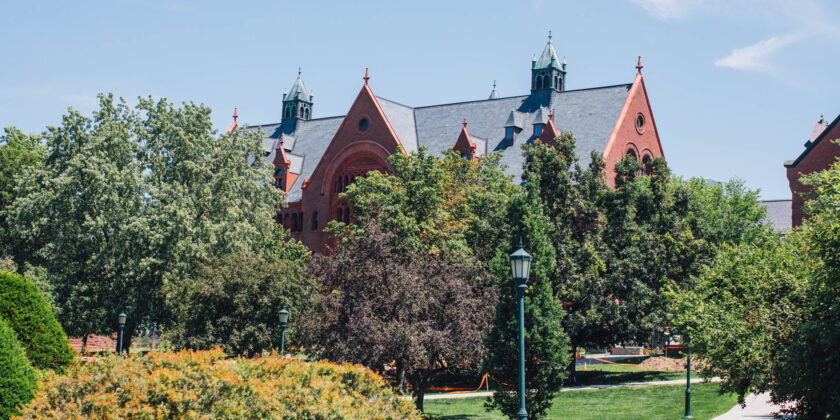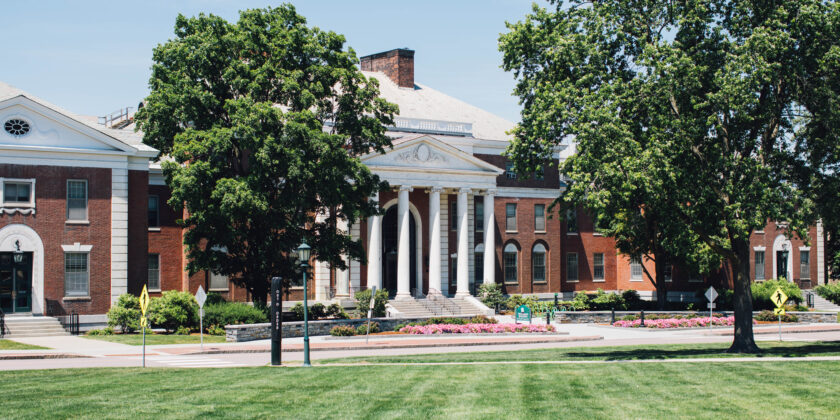
Florida’s State University System (SUS) – Free Webinar
What does it take to get admitted to a state university in Florida?
Join JRA Associates for a webinar at 7:00 PM Eastern on September 7, 2022.
This session will specifically address Florida’s State University System (SUS). You can sign up here. Here’s what you’ll learn:
- Admission criteria for all 12 state universities
- How these universities recalculate GPAs
- The latest happenings on the 12 campuses
- How under-qualified students may still gain backdoor admission—legitimately
- Florida’s state universities’ national ranking
- How to maximize your chances of admission
*Stay in the know! Subscribe*
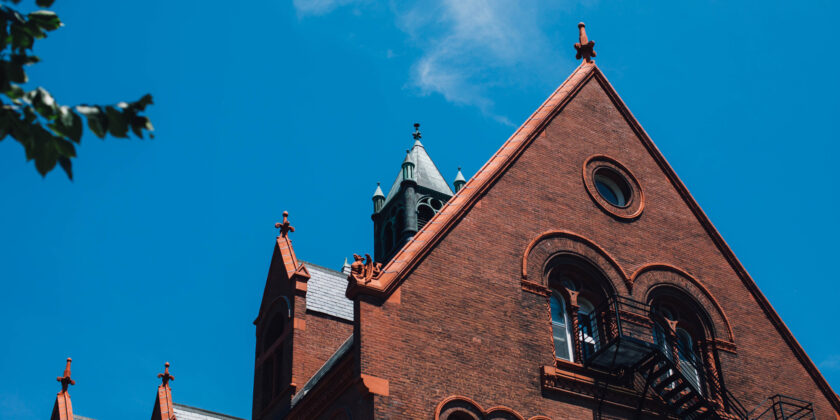
School Specific Essays and the Impact of Word Limits
As with the personal statement, there is no set “formula” for writing an effective supplemental essay—and sometimes the best essays are the ones that thoughtfully and creatively break the rules! That said, here is a general overview of how we approach both long and short supps:
- Action: Open with a gripping hook, e.g. a vivid introductory anecdote, provocative statement, or weird fact. (Long, 1-8 sentences; Short, 1-3 sentences)
- Backstory: Give the backstory behind your opening; explain how it connects to your life and your interests. (Long, 1-5 sentences; Short, 1-2 sentences)
- Action Continues/Progress: This is the heart of the essay, and the place where you tell your story as it relates to the prompt. (For both Long and Short essays: This section should constitute the majority of sentences and paragraphs in your essay.)
- Reflection and Conclusion: Conclude by connecting back to the opening hook and/or by looking to the future. (Long, 2-4 sentences; Short, 1-2 sentences)
As you can see, our approach is the same for both long and short essays. However, long essays allow for an extended introduction with a longer scene or story, additional paragraphs that allow for more depth and detail in the body of the essay, and a comprehensive conclusion. Short essays will have highly condensed introductions and conclusions, as well as fewer body paragraphs and less detail. This is why we strongly advocate writing long essays first: it’s easier to go back and trim detail than it is to add detail to a short essay.
Pro Tip –> “Less is more” doesn’t apply to college admissions essays: all of your essays should be as close to the word limit as possible. If you don’t max out the word count, it can look like you haven’t put in max effort. Being 5-10 words shy of the limit is fine, but only writing 200 words for a 250-word essay can look lazy.
*Stay in the know! Subscribe*

Ten Tips for Writing College Specific Essays / Supplemental Essays
Time to write those supplemental essays…
- Don’t forget your reader. There’s a lot you don’t know about the admissions officers who will read your file—where they come from, what they have experienced, and what they personally value and believe. Keep this in mind as you write. Are you expressing some potentially divisive opinions? Be careful to do so in a thoughtful, nuanced way that appreciates the “other side.” Are you talking about a community that you are not a member of? Make sure that you are using culturally competent and correct language. Are you writing about an experience in a foreign country? Be wary of falling back to cultural stereotypes. The last thing you want to do is show a lack of sensitivity or understanding and offend your reader as a result.
- Do show social and cultural awareness, and especially empathy and understanding, for people who are different from you. Every college wants to admit kind, open-minded students who are going to embrace diversity and be a positive force in their community.
- Don’t forget to tell a story. Many students write the personal statement then think they’re done with being personal. This is not the case! One of the biggest problems with many supps is simply that they’re boring. The best way to bypass this issue is to craft a personal narrative around whatever you’re writing about, whether it’s leadership, creativity, or your potential major.
- Do show an understanding of a school’s mission and values. Linking your experiences or goals to a given school’s values (usually stated explicitly in their mission statement) is an excellent way to add an extra layer of specificity to an essay. It is also important to be sensitive to a school’s values for other reasons: if, for instance, you are applying to Brigham Young University, you wouldn’t want to submit an essay denigrating Christianity or any values specific to the Church of Jesus Christ of Latter-day Saints.
- Don’t just copy-paste information from the school’s website. You need school-specific information in many supplements, especially the why school or academic interest supplement. If you only copy some information you found in the school’s website without explaining how and why that information will apply to your college experience, your essay will seem shallow. Be specific in connecting what you learn about the school with your goals and past experiences.
- Don’t try to be too funny. You want to preserve as much of your personality as possible but humor is one of the hardest things to recreate on the page. A written joke—without your gestures, facial expressions, and tone of voice to guide the listener—can come across as corny at best and cynical, or even mean, at worst. Be extra mindful of this if you are trying to incorporate humor into your essays, and trust an adult’s judgement if you’re unsure.
- But don’t take yourself too seriously! A lighthearted approach to any topic will make your essay more readable and more engaging and—bonus!—make you seem more fun and approachable in the process. Colleges don’t necessarily care about admitting fun or approachable students but they do want students who will contribute to the community—and these attributes usually indicate that you will.
- Do look for ways to show self-awareness. You can get away with almost anything—a bad pun, a selfish thought—if you call yourself out for it in your essay. Doing so also displays a high level of self-knowledge and maturity that colleges value.
- Don’t brag (or humble brag), rehash your resume, or focus too much on academic awards or honors. A compelling story, not a big award, is what will make your application unique and memorable.
- Do try to be yourself, while keeping the suggestions above in mind. It’s no fun reading essays that scream you are “trying too hard” to be something you think colleges want.
*Stay in the know! Subscribe*
University of California Admit Rates – In State & Out of State
The team at College Kickstart reviewed the recently released Fall 2022 University of California admissions data and has summarized it on their blog.
California residents and students applying from out of state should review this information. Follow College Kickstart for admissions insights and trends!
*Stay in the know! Subscribe*
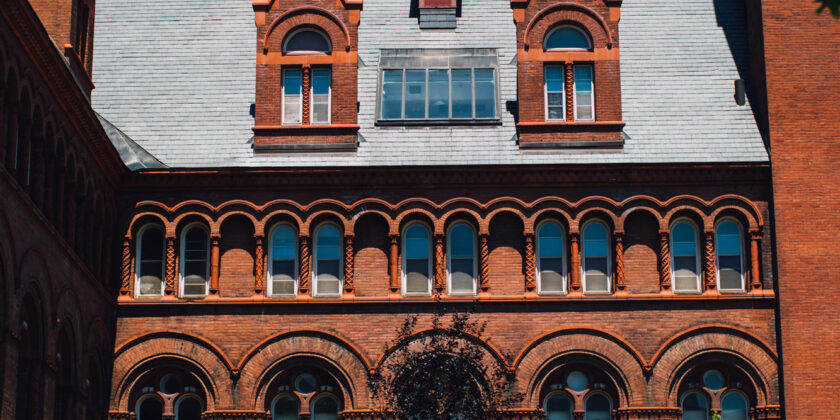
Common Application Updates – Refresh August 1
From the Common App….
Over the past several years, we’ve marked the joyful occasion of a new application year by celebrating launch as Common App Day! August 1 is just around the corner, and we want to share a few last minute reminders so you and your students are prepared.
- Application refresh dates. The 2021-2022 first-year application will close to applicants and recommenders at 5 pm ET on July 28, 2022. The 2021-2022 transfer application will close to applicants and recommenders at 5 pm ET on July 29, 2022.
- Account rollover. Students will need to sign in and refresh their Common App accounts for the new cycle, which begins on August 1, 2022. Here are some reminders about how account rollover works for first-year and transfer students.
- Evolving the Application changes. Changes to the 2022-2023 application include revisions to questions related to gender and fee waivers to better reflect the needs of our students. You can view how the changes will take effect in this guide.
- Protecting student data. Each student who interacts with Common App trusts us to protect their personal identifiable information, and we take that responsibility seriously. Our privacy policy shares in detail what information we collect and the precaution we take to protect that information.
*Stay in the know! Subscribe*
UC Berkeley: The Spieker Undergraduate Business Program
Starting in Fall 2023, you can apply directly to Berkeley Haas to enter as a freshman in Fall 2024.
The Spieker Undergraduate Business Program is a four-year undergraduate business program at UC Berkeley’s Haas School of Business that gives you an additional two years for deeper learning and enrichment, including:
- Career development
- Internships
- Study abroad opportunities
- Entrepreneurship programs
- Capstone projects
- Mentorship engagements, and
- Student leadership experiences.
The first four-year cohort of students will enroll in August of 2024. Applications to the Spieker Undergraduate Business Program will open in Fall 2023. Learn more here.
*Stay in the know! Subscribe*

College Specific Supplemental Essays: Strategy/Tips
One of the reasons that we like students to have a sense of their college list when they start essay writing is that each essay does not exist in a vacuum. Everything submitted with a college application needs to work together to tell the fullest story possible about who you are, what you are all about, and the value you will add to the school that’s reading your application.
Complement your Personal Statement—don’t compete with it. You should aim to make sure all of your supplemental essays are as separate from the personal statement as possible. For instance, if my personal statement is about my passion for dance (my main extracurricular), and a school requires what we call a creativity supplement in The Complete College Essay Handbook, I would choose to write about something other than dance for the PS because I might want to focus on that in the supplement.
Present a rounded picture, even if you are narrow. Notice that I didn’t say be well-rounded. I don’t advise that! But imagine you apply to a school that requires two supplemental essays. One prompt clearly calls for an academic and intellectual interests (AII) essay, and the second is open-ended. You wouldn’t want to write a second AII essay for that school. Although college is first and foremost about academics, you want the opportunity to present as many parts of yourself as possible; go with any one of the other three types of supplemental essays that we outline in detail within The Complete College Essay Handbook! Every single college applicant should be able to write an impact and influence and community and identity essay.
Consider the school’s values. Sticking with the same example: if a school asks for two supplements and one prompt clearly calls for an AII essay, and the second is open-ended, in addition to writing a different type of supp, you should also take the school’s mission and values into consideration. For instance, since Jesuit schools like Santa Clara, Fordham, and the University of San Francisco tend to value service more than some secular schools, an impact and influence essay would be the best choice for the second prompt. Conversely, a liberal arts college with a long history of political activism, such as Wesleyan, Smith, or Oberlin, might react more favorably to a community and identity essay with an impact twist.
Use your best story. Imagine you have one just incredible story, and it fits perfectly into the impact and influence type. You write the essay—it’s great, and you love it! Then you realize that your top-choice school asks for a community and identity essay. What should you do? If your story is really that good, you are actually better off turning that impact and influence essay into a community and identity essay—even if it feels like a bit of a stretch. Admissions officers will remember how you made them feel—not that you didn’t answer the question quite as accurately as another applicant.
*Stay in the know! Subscribe*
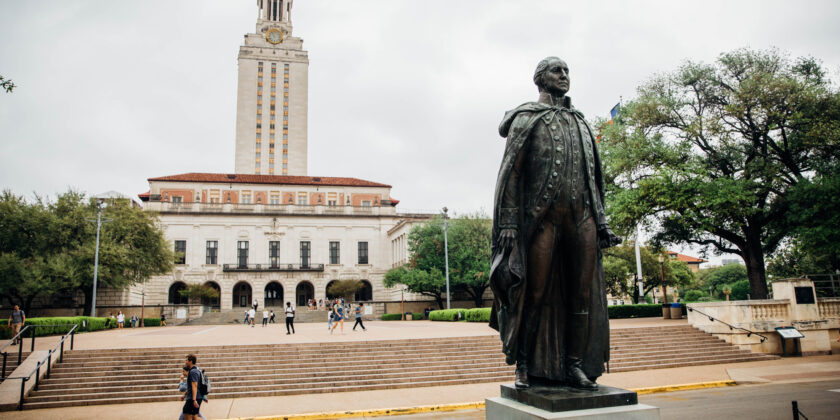
Common Application Summer 2022 Refresh and Rollover
Each year on August 1, Common App launches the refreshed application with updated information, including any new questions and new colleges. Students will need to sign in and refresh their Common App accounts for the new cycle.
Many colleges change their questions from year to year, so if students started working on responses to college-specific questions, they will be deleted.
For more details about how account rollover works, be sure to reference these Solutions Center articles for first-year and transfer students, as well as tips located in the CA application guide.
Mark your calendars for the system refresh dates:
- The first-year application will close to applicants and recommenders at 5 pm ET on July 28, 2022.
- The transfer application will close to applicants and recommenders at 5 pm ET on July 29, 2022.
*Stay in the know! Subscribe*
